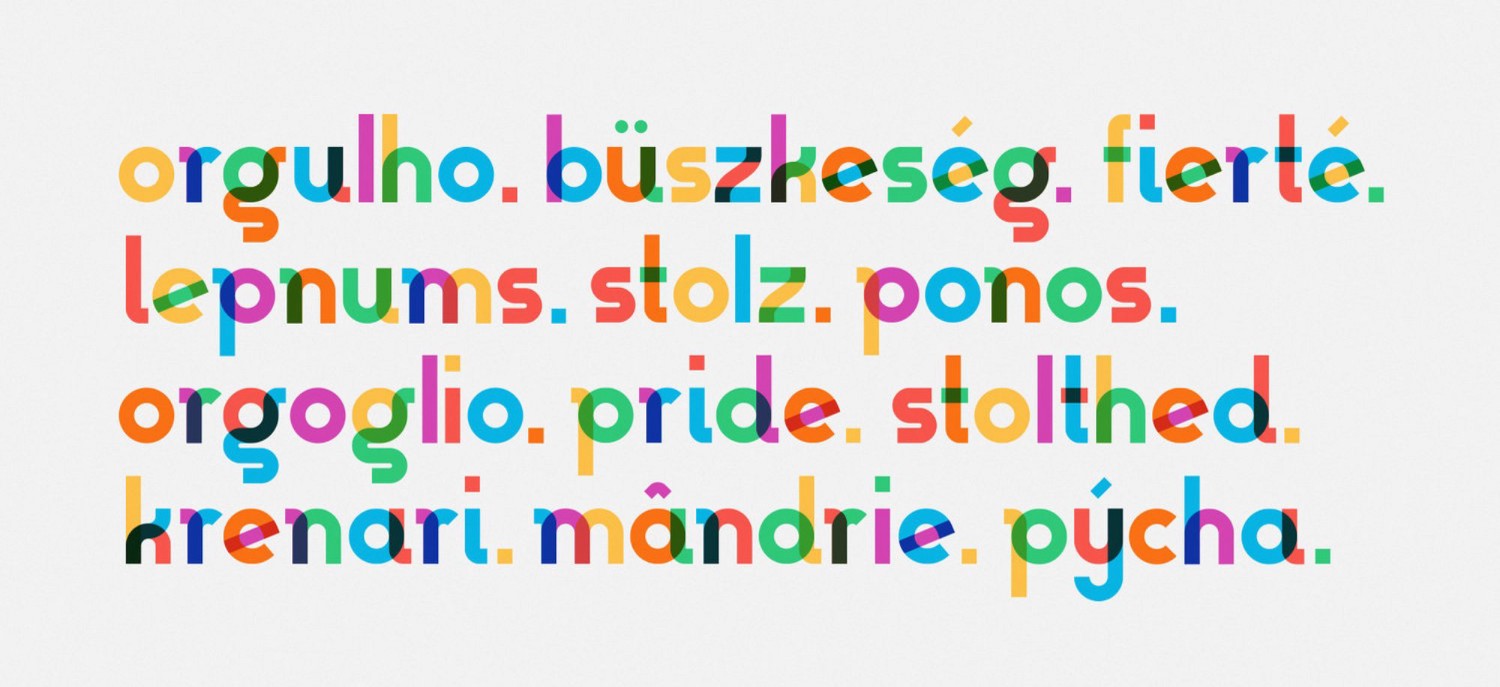I witnessed something a few weeks ago that piqued my curiosity; the combination of Aphasia Awareness & Pride in the month of June seems like the perfect time to discuss it and seek input from others. I attended a Sage Table event with one of our LGBTQIA elders. He has pretty significant aphasia, often struggling to find the ‘right’ words when he talks. He was a little nervous on our way to the picnic, but once we sat down on a bench with some others and introduced ourselves, he started talking, making jokes, and was generally the life of the party.
Code switching defined:
1. Linguistics. the alternating or mixed use of two or more languages, especially within the same discourse.
2. Sociolinguistics. the use of one dialect, register, accent, or language variety over another, depending on social or cultural context, to project a specific identity.
3. The modifying of one’s behavior, appearance, etc., to adapt to different sociocultural norms. (code-switching, n.d.)
I did not observe any aphasia. I did not observe any searching for words or phrases. He was able to interact without any indication he had come to the event from an assisted living community. His increased verbal fluency continued on the car ride back to the community as well as in the subsequent weeks whenever he and I talked.
It made me wonder about code switching, aphasia, and the LGBTQIA community. After a few searches of the academic literature, I found articles discussing aphasia and code switching (Bhat & Chengappa, 2005; Muñoz, Marquardt, & Copeland, 1999) and code switching and language use in LGBTQIA communities (Bowen, 2002; Johnsen, 2008) but nothing thus far incorporating all three ideas. It seems to be an area in need of more exploration.
I’m wondering if anyone has resources in this area or has encountered similar situations?
Whether literature-supported or not, it highlighted a need to facilitate access to community for LGBTQIA elders. When we feel comfortable we are able to be our whole selves. We can laugh, cry, joke, and express all parts of ourselves. We do not age out of this need — older adults thrive when in community with others just as much as young people do. SAGE and the Diverse Elders Coalition are doing powerful work in this area. I am honored to be able to do my part to help create connection and preserve access for residents living in Elder Care Alliance communities.

Some of the resources I reviewed:
- Bhat, S., & Chengappa, S. (2005). Code Switching in Normal and Aphasic Kannada- English Bilinguals. Proceedings of the 4th International Symposium on Bilingualism, (1998), 306–316.
- Bowen, C. (2002). Beyond lisping — Code Switching and Gay Speech Styles. Retrieved from http://www.speech-language-therapy.com/ on 6/12/2017
- code-switching. (n.d.). Dictionary.com Unabridged. Retrieved June 12, 2017 from Dictionary.com website http://www.dictionary.com/browse/code-switching
- Johnsen, O. R. (2008). “He’s a Big Old Girl!” Negotiation by Gender Inversion in Gay Men’s Speech. Journal Of Homosexuality, 54(1/2), 150–168.
- Muñoz, M. L., Marquardt, T. P., & Copeland, G. (1999). A Comparison of the Codeswitching Patterns of Aphasic and Neurologically Normal Bilingual Speakers of English and Spanish. Brain and Language, 66(2), 249–274. https://doi.org/10.1006/brln.1998.2021e Alliance; Part-time Faculty at Notre Dame de Namur University
Originally published at https://www.linkedin.com on June 12, 2017.
Originally published at medium.com


